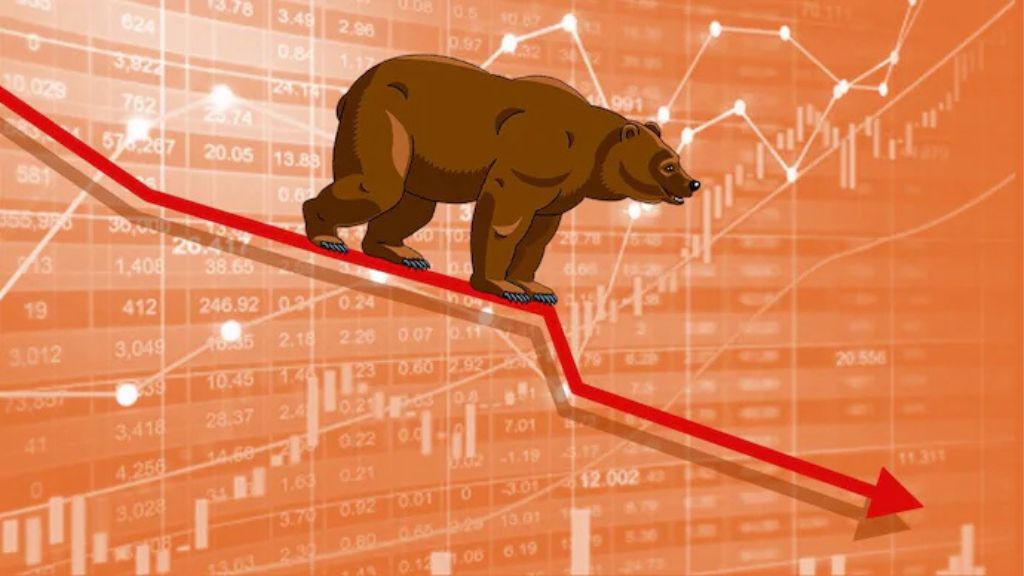
In what can only be described as a financial tempest, Dalal Street, Mumbai’s epicenter of stock trading, witnessed a significant downturn today, reflecting a cascade of events that left investors and market watchers reeling. Here’s a breakdown of the key factors that contributed to this sudden market plunge:
1. Foreign Institutional Investors (FIIs) Shift Focus
One of the primary drivers behind today’s crash was the noticeable retreat of FIIs from the Indian market. With whispers of an attractive stimulus package from China, these investors are reallocating their funds, seeking potentially higher returns elsewhere. This exodus has notably dampened market sentiment, as FIIs are often seen as a bellwether for market direction due to their significant investment volume.
2. Profit Booking Ahead of U.S. Elections
The looming U.S. presidential elections have introduced an air of caution on Dalal Street. Investors, wary of potential volatility post-election, have engaged in profit booking. The anticipation of the vote, set for November 5, has led to a conservative approach, with many choosing to secure gains rather than risk them in an unpredictable political climate. This behavior has further pressured the market indices downward.
3. Cautious Domestic Investors
Domestic investors, typically more resilient to global cues, have also shown signs of hesitation. With the global economic landscape looking uncertain, and with local market indicators not providing reassuring signals, there’s a palpable caution. This lack of aggressive buying has failed to provide the necessary counterbalance to the selling pressure exerted by foreign investors.
4. Weak Q2 Earnings
The second quarter earnings season has painted a less than rosy picture for many companies. Several major corporations reported earnings that missed market expectations, leading to a reevaluation of their stock prices. This adjustment in stock valuation has directly contributed to the market’s decline, as investors recalibrate their portfolios in light of these financial disclosures.
The Broader Impact
- Market Indices: The S&P BSE Sensex saw a steep drop, closing significantly lower, while the NSE Nifty50 also recorded a substantial loss, both indices reflecting the broader market’s bearish turn.
- Investor Wealth: The market downturn has led to a significant erosion of investor wealth, with billions wiped off in market capitalization in mere hours.
- Sentiment: The sentiment on Dalal Street is one of concern. The rapid sell-off and the lack of buying interest have left many investors questioning their strategies, especially with global uncertainties adding to the local market’s woes.
Looking Forward
While today’s crash might seem like a moment of despair, it’s crucial to consider the historical resilience of the Indian market. Markets are cyclical, and downturns often precede upturns. Here’s what investors might look out for:
- Post-Election Clarity: Once the U.S. election results are out, markets might regain some stability as political uncertainty clears.
- Corporate Responses: Companies might adjust strategies to regain investor confidence, potentially leading to a recovery in stock prices.
- Global Economic Moves: Any significant policy changes or economic stimuli from major economies could redirect investment flows back towards India.
In summary, while today’s events have shaken Dalal Street, the underlying fundamentals of the Indian economy remain strong. Investors are advised to keep a long-term perspective, remain vigilant, and perhaps see this as a period for reassessment rather than a signal for panic. The market, as always, will adjust to new information, and today’s crash might just be a footnote in tomorrow’s recovery story.








